52 Photos that will make you jealous (and surprise you)
Franschoek Wine Valley - Western Province - South Africa
Babylonstoren Wine Farm - A sensory experience
Drooling permitted
Breakaways and holidays are quickly becoming a distant but I hope, a fond memory as 2018 speeds full steam ahead. Those that made new year’s resolutions may soon heave them into the abyss of more pressing agendas and responsibilities. I for one, have made a list. We’ll see how many of them I attain.
I’m kicking off the new year by easing into my blogs – for your benefit (OK, I admit, for mine as well). I’d hate to bore you with long tales so early in the year so I haven't written a lengthy blog and therefore I’ve published photos of some of the things we did in December.
Although we ventured away from home, it was a holiday to spend quality time with some of our family and friends. Sorry to disappoint you, I won’t bombard you with embarrassing family portraits. Especially ones where the aunts and uncles embarrass the rest of the family and get out of hand after demanding an extra glass of sherry. I can hear you sigh with relief.
Although we spent valuable time with some of the important people in our lives, enjoying festivities and celebrations, we had the opportunity to explore one or two places. Here’s hoping you will drool over them with envy or gawk with a touch of shocked amusement.
We flew to Cape Town and spent some time in Fish Hoek and Gansbaai. We also explored a wine farm in the beautiful valley near Stellenbosch and Paarl. Babylonstoren is an abundant delight to all the senses. Pity I can only share one of them with you. It should still be enough to whet your appetite and if you are ever in that area, do pay them a visit.
Enjoy!
Fish Hoek
The coastal town of Fish Hoek is on the False Bay side of the Cape Peninsula in Cape Town. The sheltered beach is safe for swimming and is frequented regularly by locals.
Did you know that Fish Hoek is home to an early stone age historic site? The remains of the 12 000 year old Fish Hoek man was found at a Stone Age Cave site called Peers Cave. Visit the Fish Hoek valley museum for history and interpretive displays.
Walking on the beach with Simonstown in the background. In the second photo you will see the shark net with yellow buoys deployed for safe swimming in the nook of the bay.
Gansbaai
A small fishing village that developed into a fishing town and popular tourist destination, called Gansbaai is in the Overberg District in the Western Cape of South Africa. Well known for its great white sharks, cage diving and whale-watching.
It boasts a cave called Klipgat where according to evidence found by excavation, more than 70,000 years ago modern man lived there. The cave can be visited daily.
Gansbaai Harbour
Fishing Boats - In the water and on the slipway - Maintenance time
Vendor selling produce in Hermanus
Biltong must be valuable! But more than likely keeping himself, his cash and his produce safe. Sad state of affairs and breaks my heart to see this.
Babylonstoren
Whitewashed gables signify a typical Cape Dutch building on the farm of Babylonstoren. The historical farm dates back to 1692 and is nestled between the Simonsberg, Du Toitskloof and Franschhoek mountains.
An authentic contemporary restoration has brought the farm hotel and spa, the gardens and the restaurants as well as farm shop to life. Exploring this farm and sampling its wines and delectable cuisine with a farm-to-fork philosophy will leave all your senses satisfied.
Crockery found while digging at Babylonstoren
Love the attention to detail
Sensual experience - lotions and potions to buy
Architecture and Features
Vistas, Gardens, Plants
Fruit trees, Vegetables & Herbs
Irrigation and Sluice Gates
Fascinated by these, as I grew up with canals and trenches for water similar to these on the side of the roads in some of the small towns I lived in
Greenhouse Plants & Features
Culinary delights
Love the presentation. Pie with a pastry lid, Panini wrapped up in gorgeous printed paper and humble bread spruced up with Pear and Gorgonzola.
Bathroom delights
Even the home of the porcelain throne is worth a visit
We never got to the wine tasting! Next time!!
“In 1692, Babylonstoren farm was granted to burgher Pieter van der Byl by the then Governor of the Cape, Simon van der Stel. Prior to that, the Drakenstein Valley had been inhabited by the nomadic Khoisan communities for tens of centuries. And so it was Pieter van der Byl who planted the first vineyards on the farm and who altered the water courses to provide irrigation.
Some of the farm’s earliest structures from that time remain on the farm today, with Babylonstoren’s Cape Dutch werf (farmyard) typical of the architectural style popular in the 17th and 18th centuries. As such it is considered to be one of the best preserved farmyards in the Cape today.
The original buildings comprise a manor house that dates back to 1777, while the Koornhuis (for storing wheat), the old cellar, ornate fowl house, dovecote, the leaning bell tower and the historic gates, all date back closer to the 1750s. A disused cow shed was transformed into the current-day Babel restaurant. When new accommodation was added to create the Farm Hotel, every care was taken to ensure that the integrity of the original architecture and its sympathetic relationship with the landscape and climate, were reflected. And so the signature look at Babylonstoren remains whitewashed walls of thick stone or primitive brick, with ornate gables and thatched roofs but with contemporary glass boxes (to house a kitchen and dining area) seamlessly added onto the Cape Dutch cottages. The result is a modern yet authentic sensibility, that takes the farm firmly into the future.
Similarly, the garden at Babylonstoren looked to the past for inspiration, taking its cue from the Company’s Garden of Cape Town, which supplied passing ships to the Cape with food in the 1600s. All of the more than 300 varieties of plants in the garden are edible or have medicinal value, with everything from blood oranges to asparagus, mushrooms and persimmons supplying the farm’s two restaurants: Babel and the Greenhouse. As such the garden’s ever-changing tapestry and rich bounty of produce, informs every aspect of Babylonstoren.
”
If you enjoyed this post about the Western Cape, you might like these:
3 Cool things about using an Airbnb
5 fun (and 1 controversial) things to do in Gansbaai
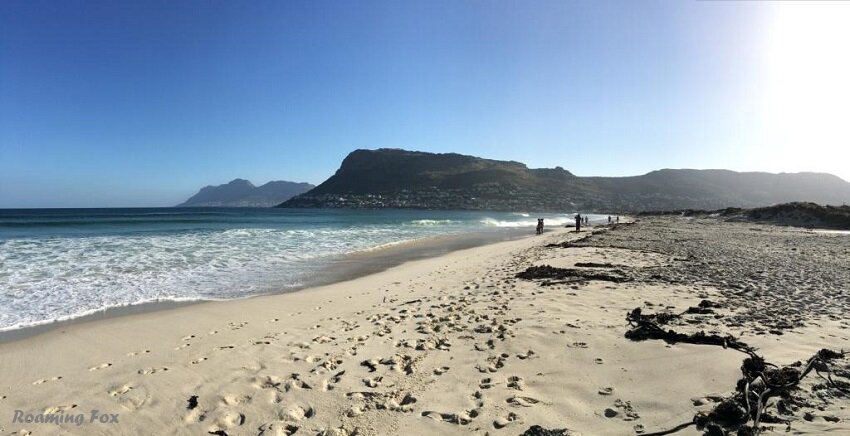



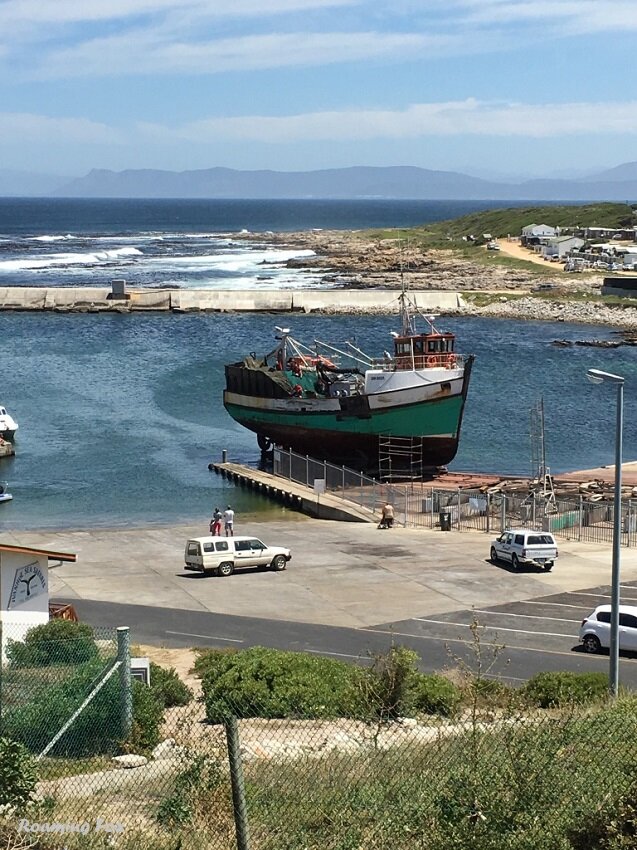
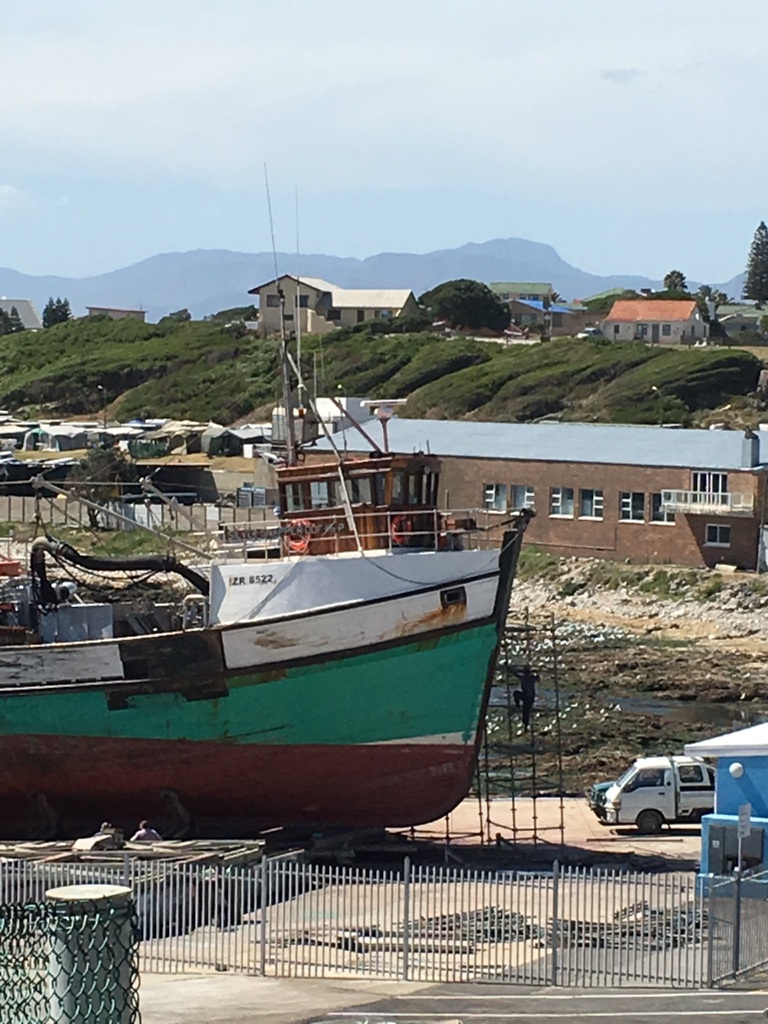
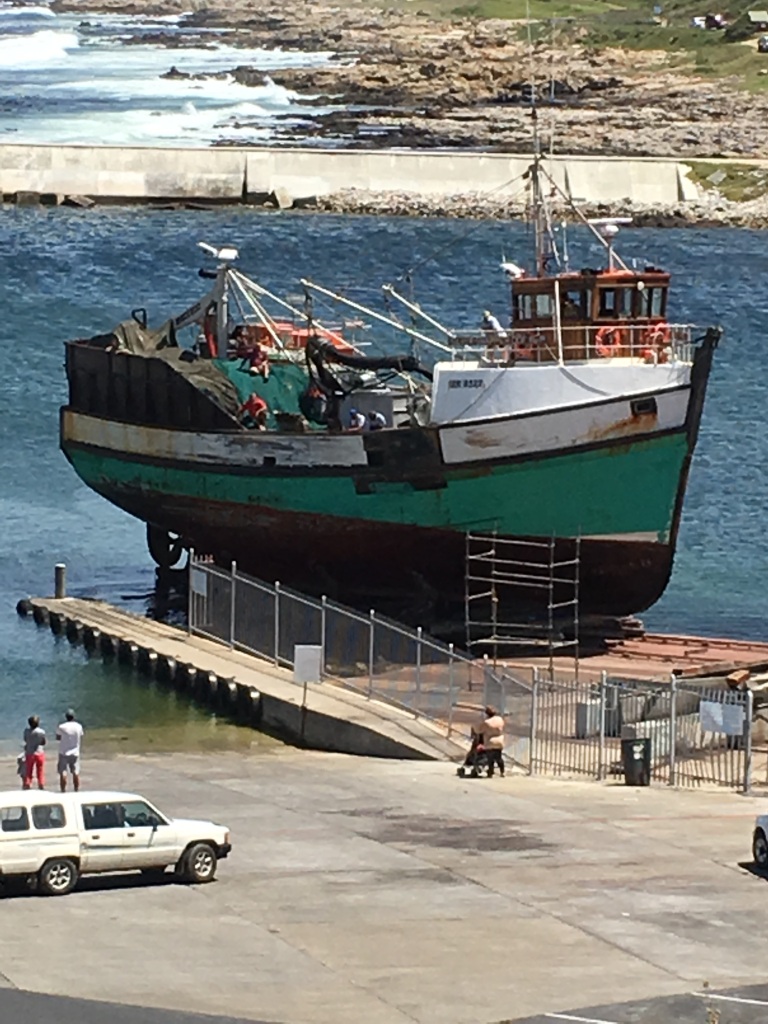
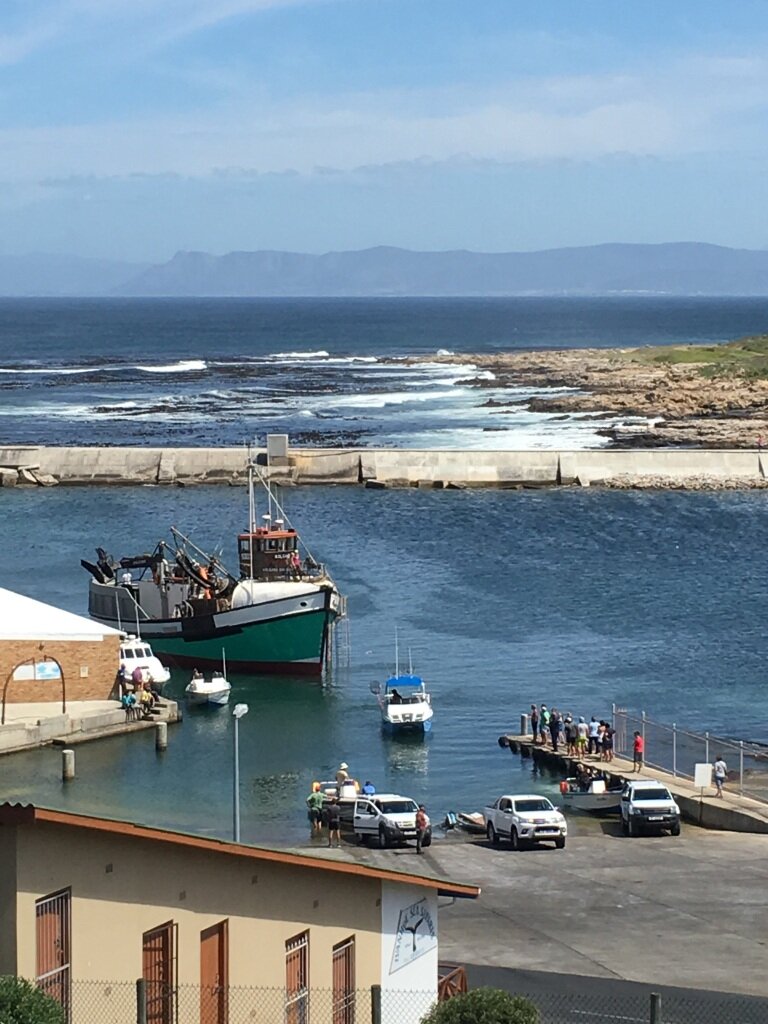





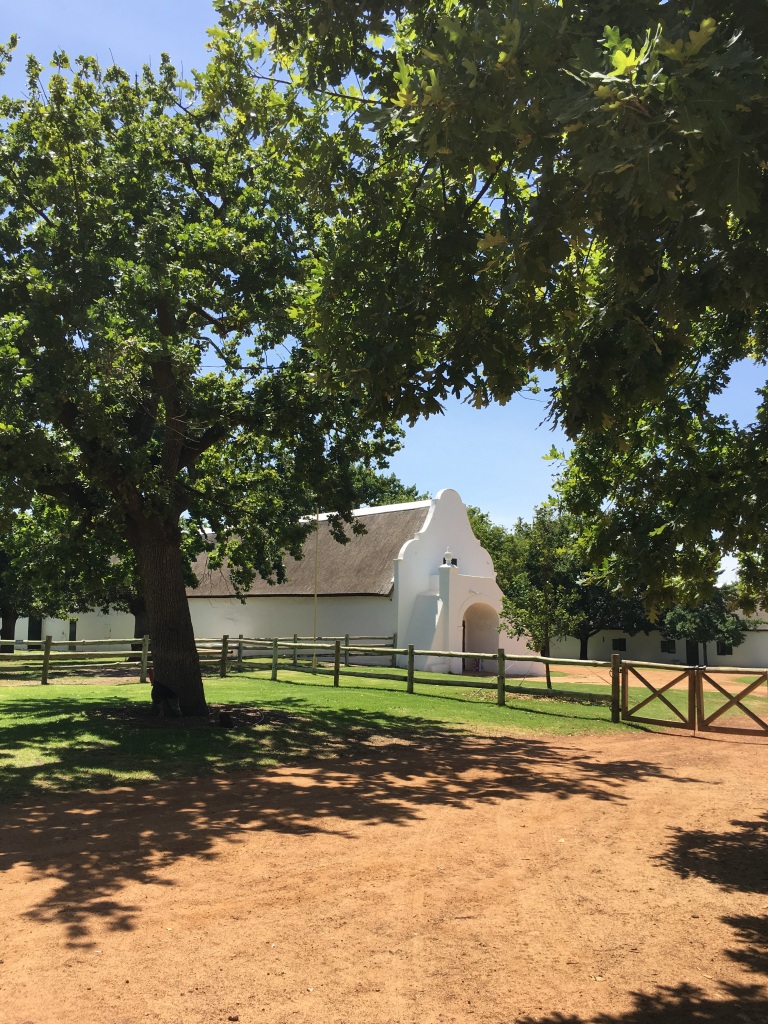
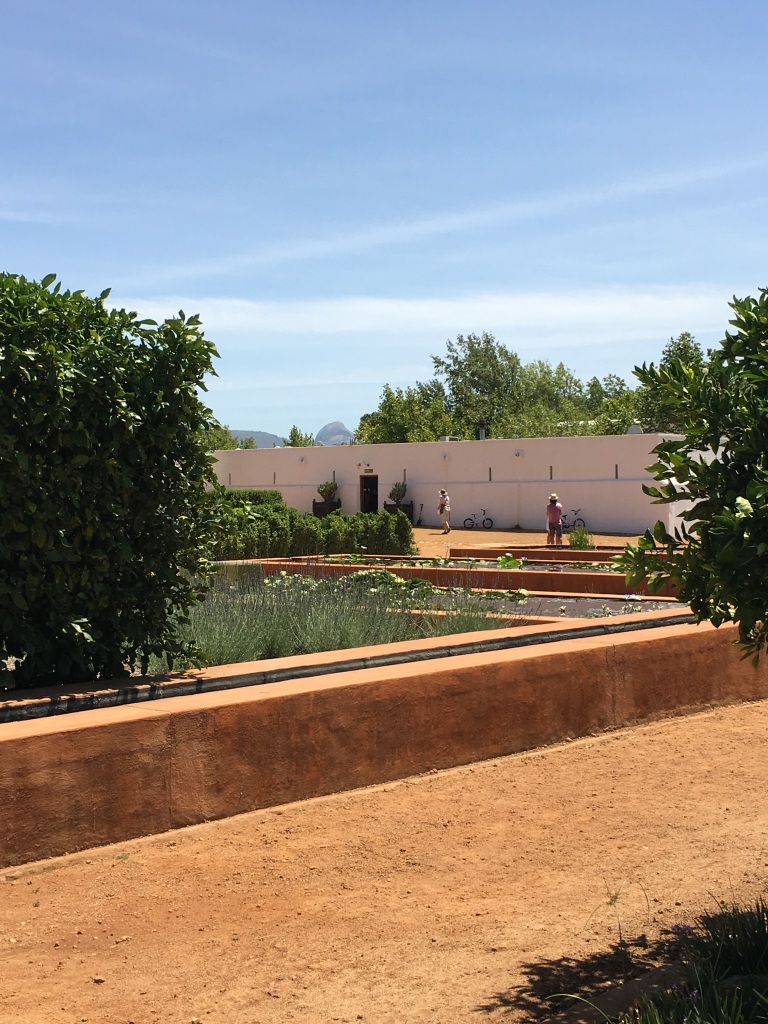




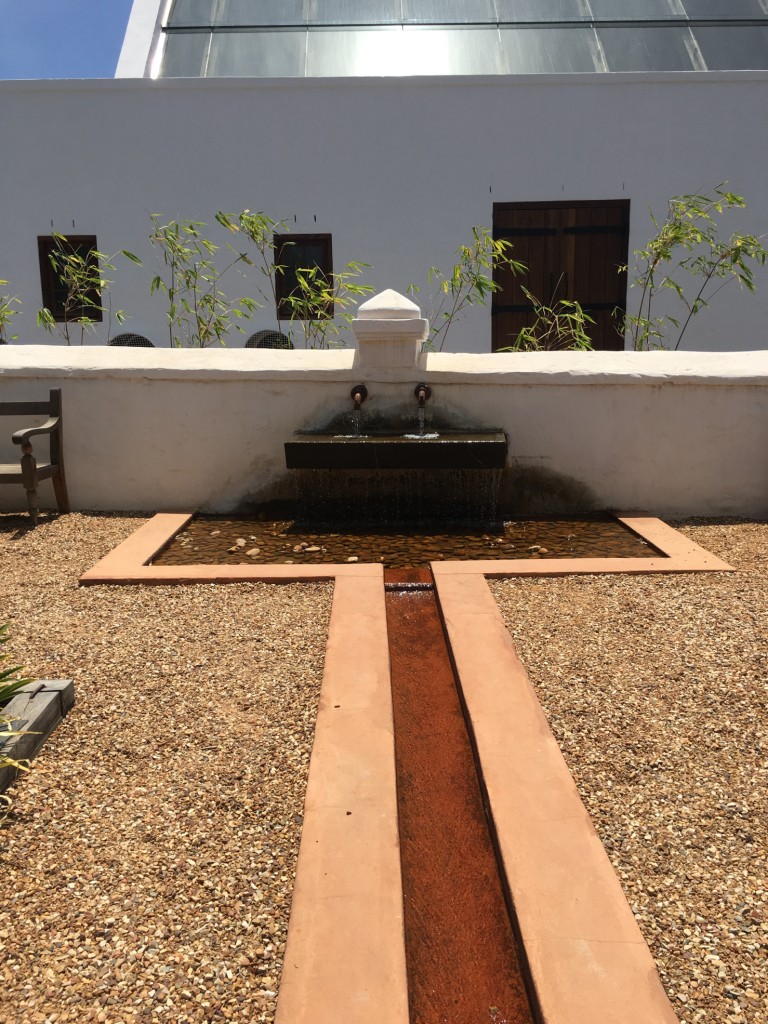


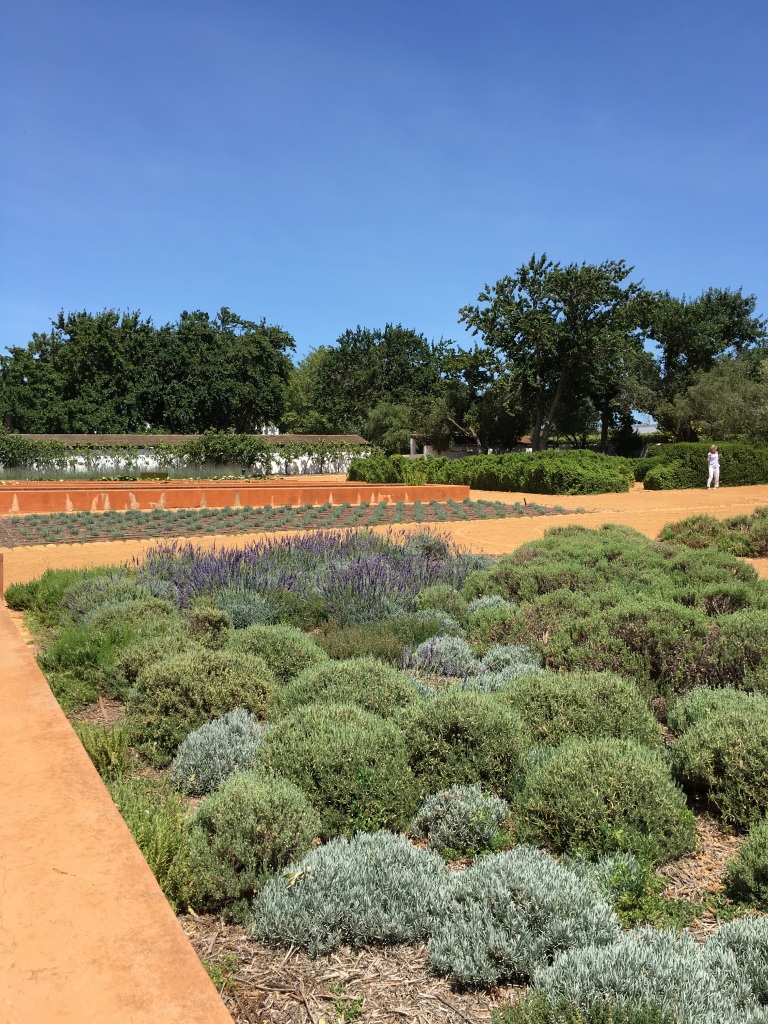
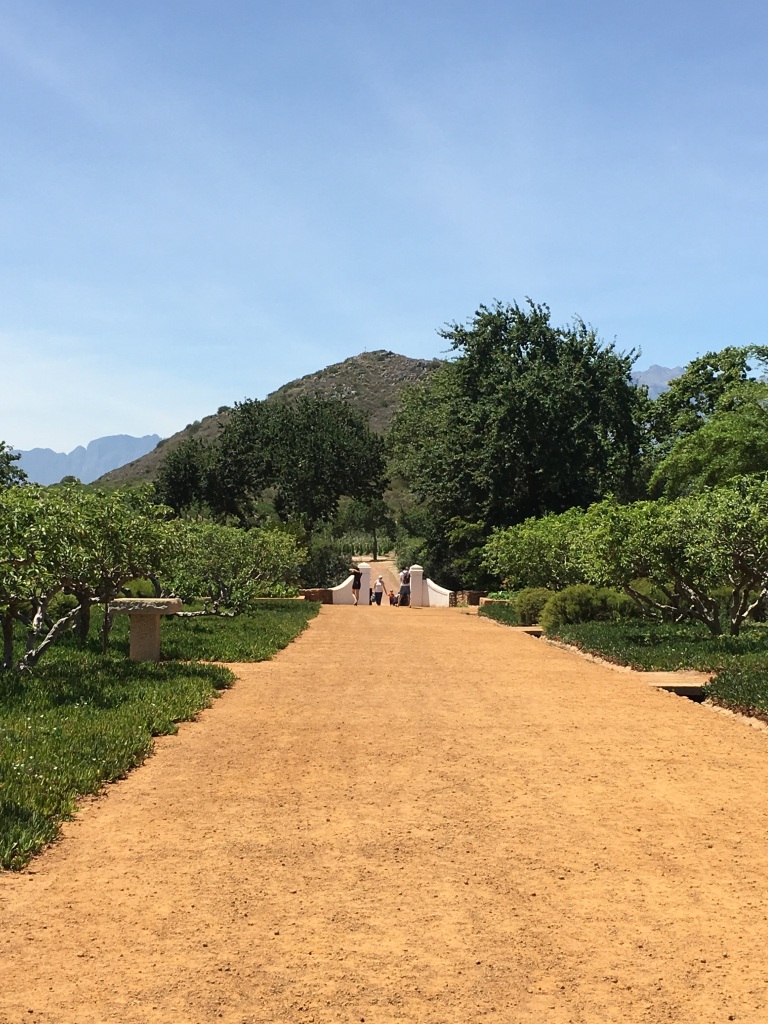
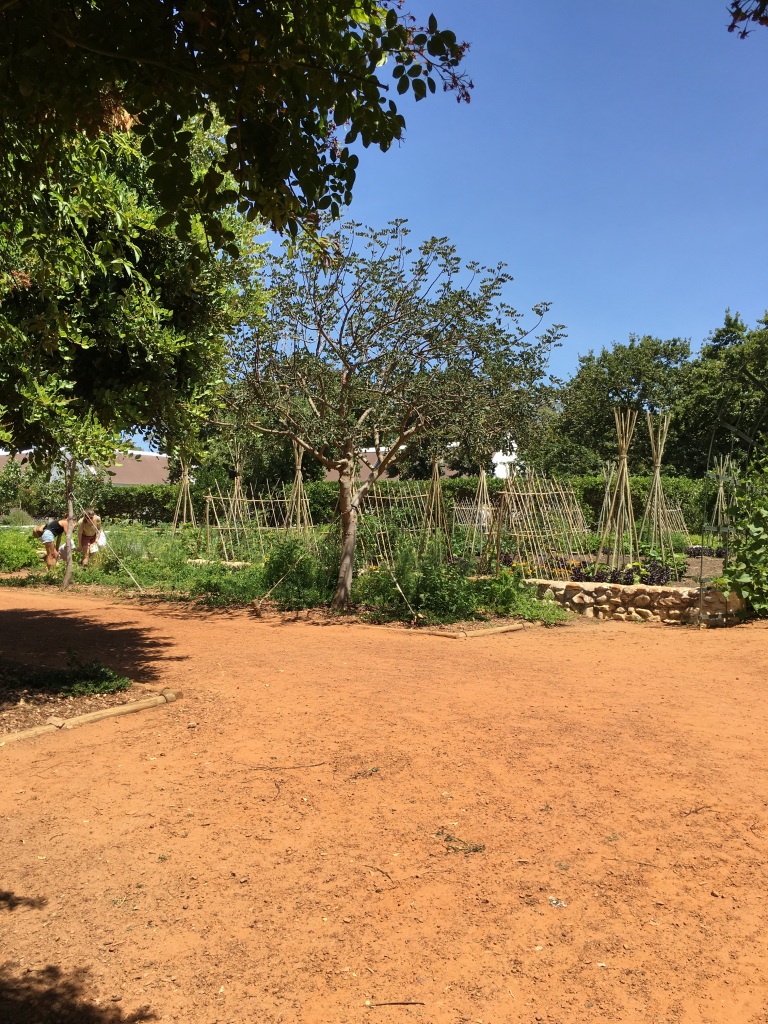

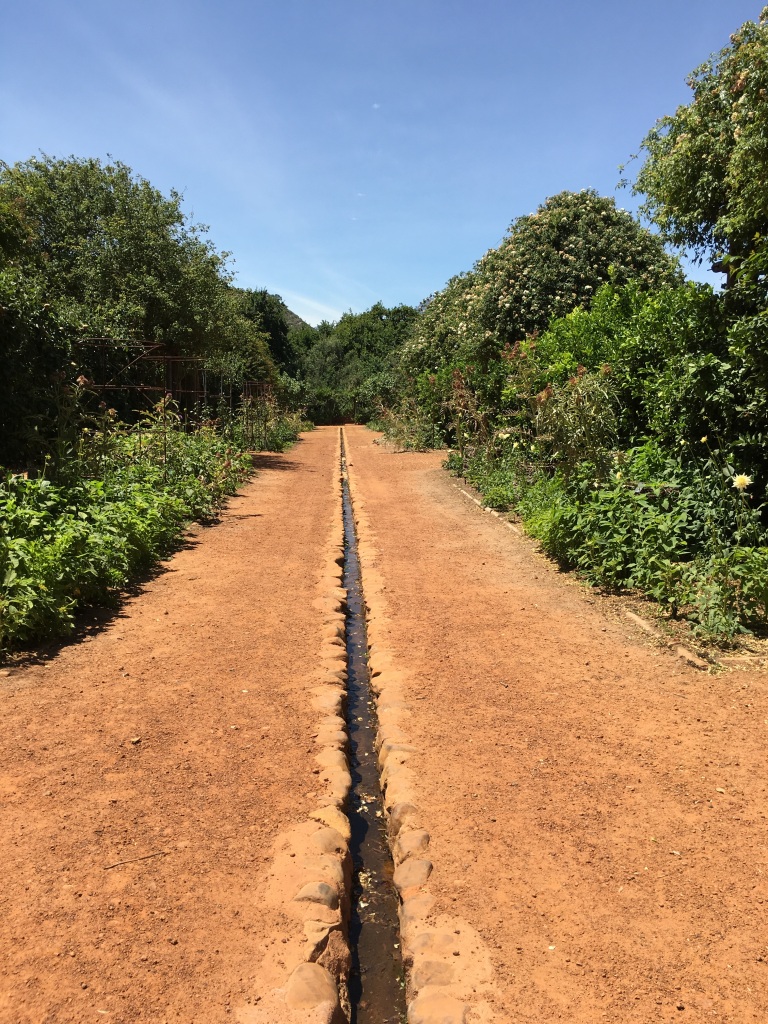

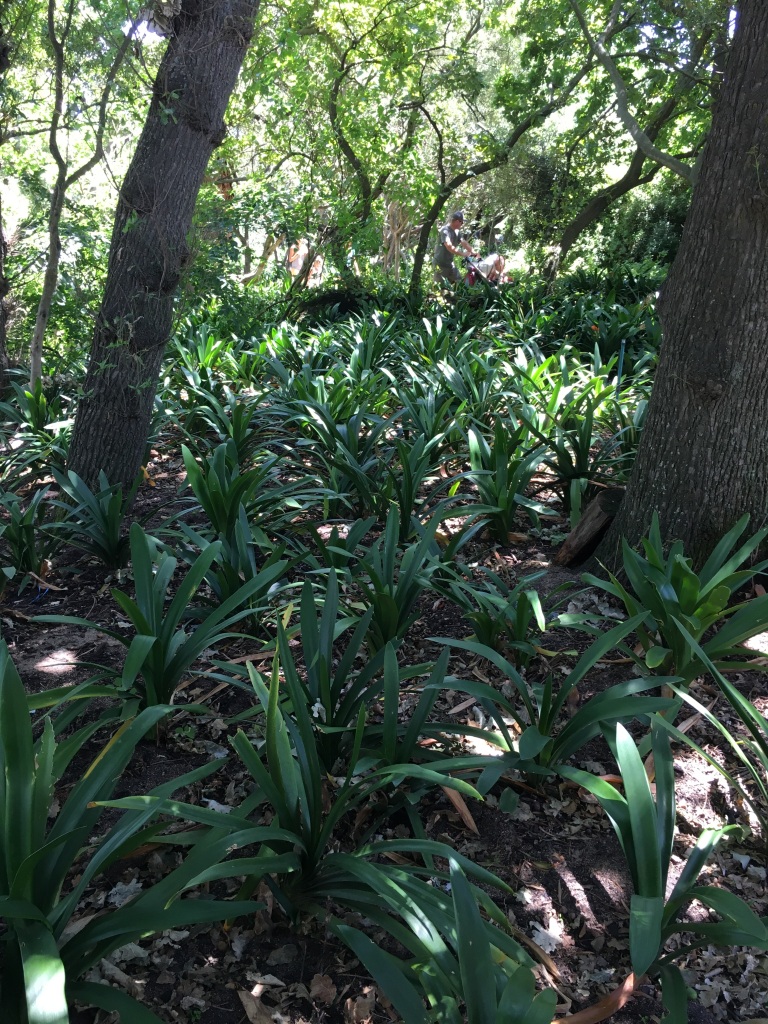




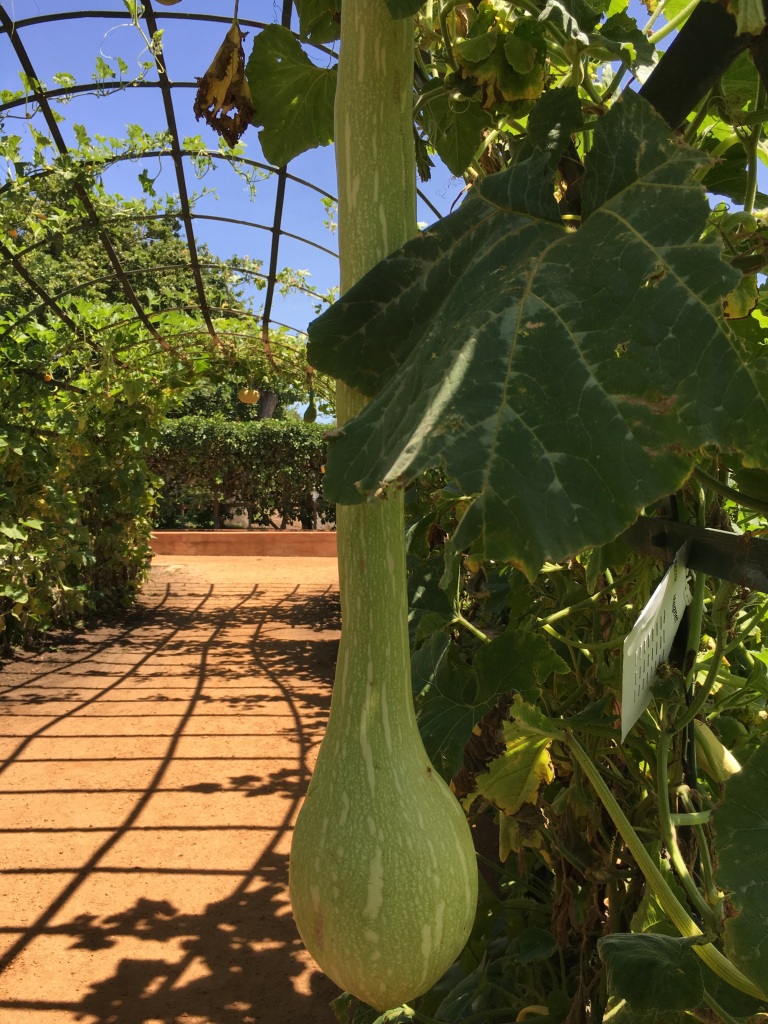
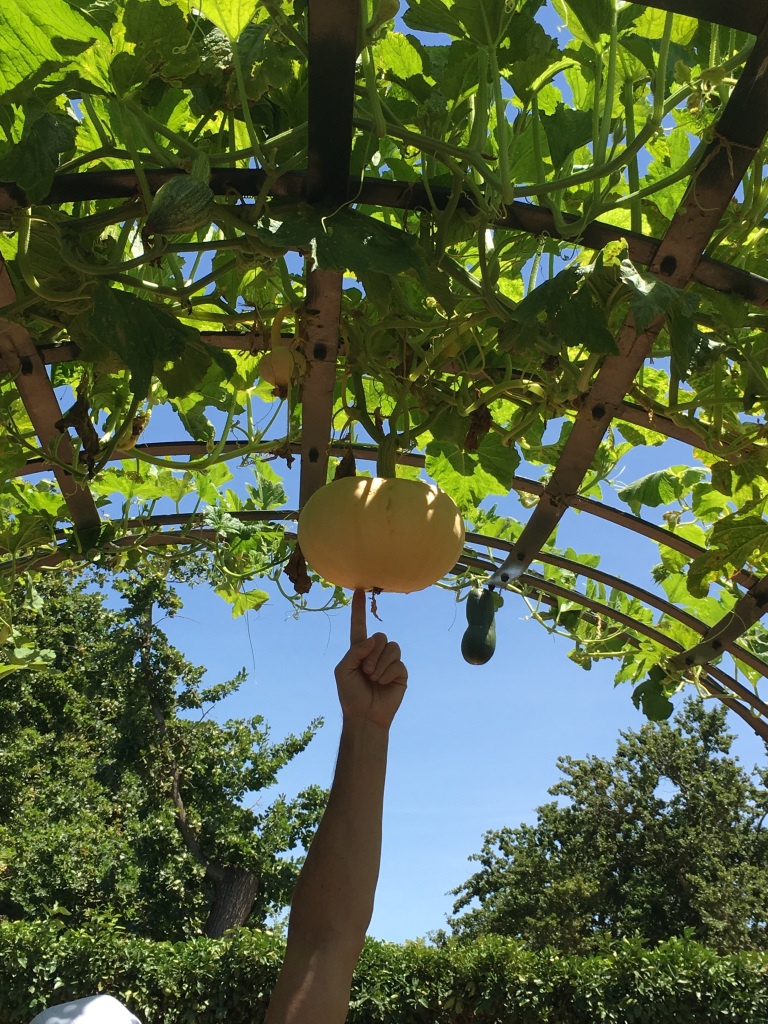


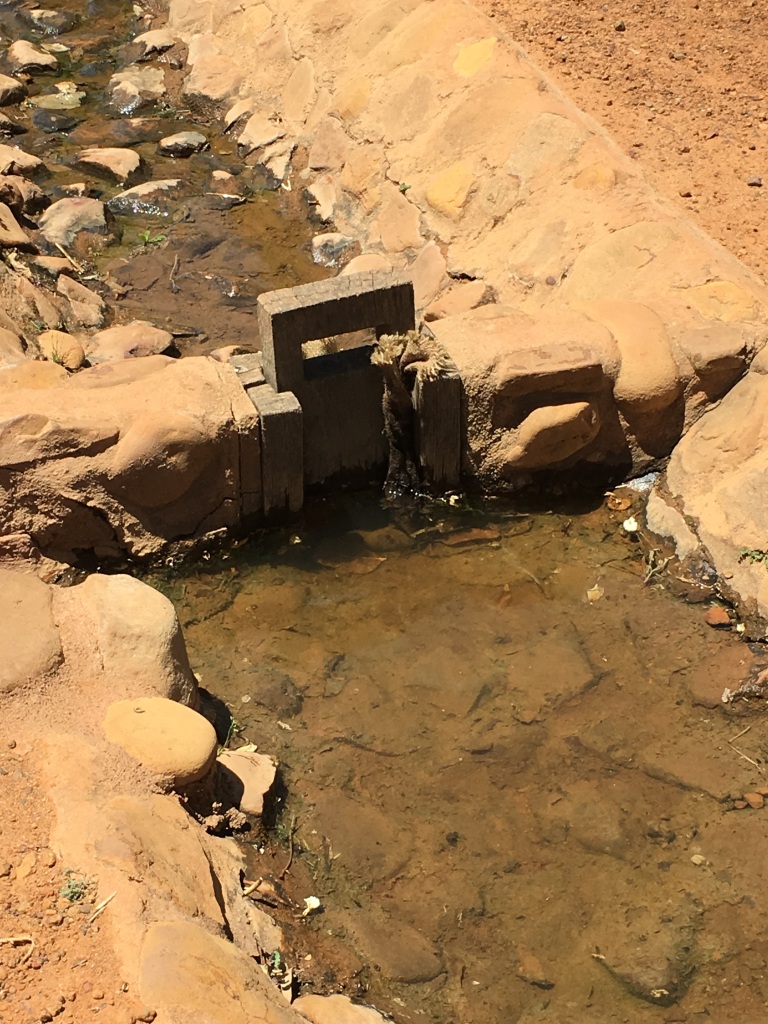




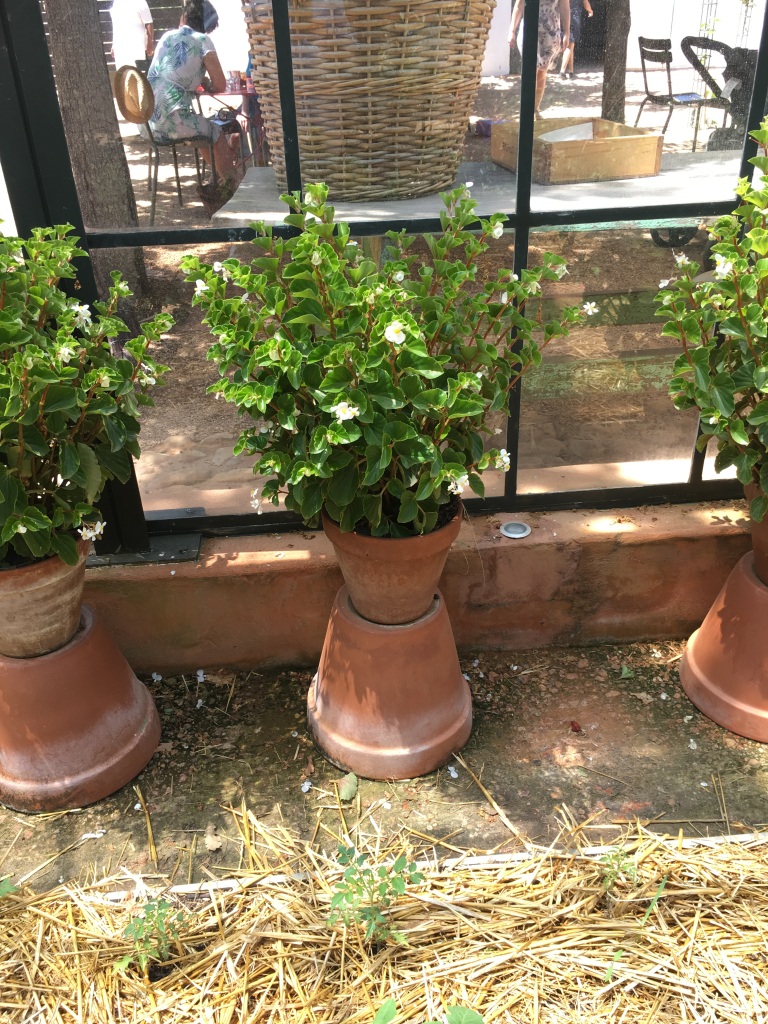



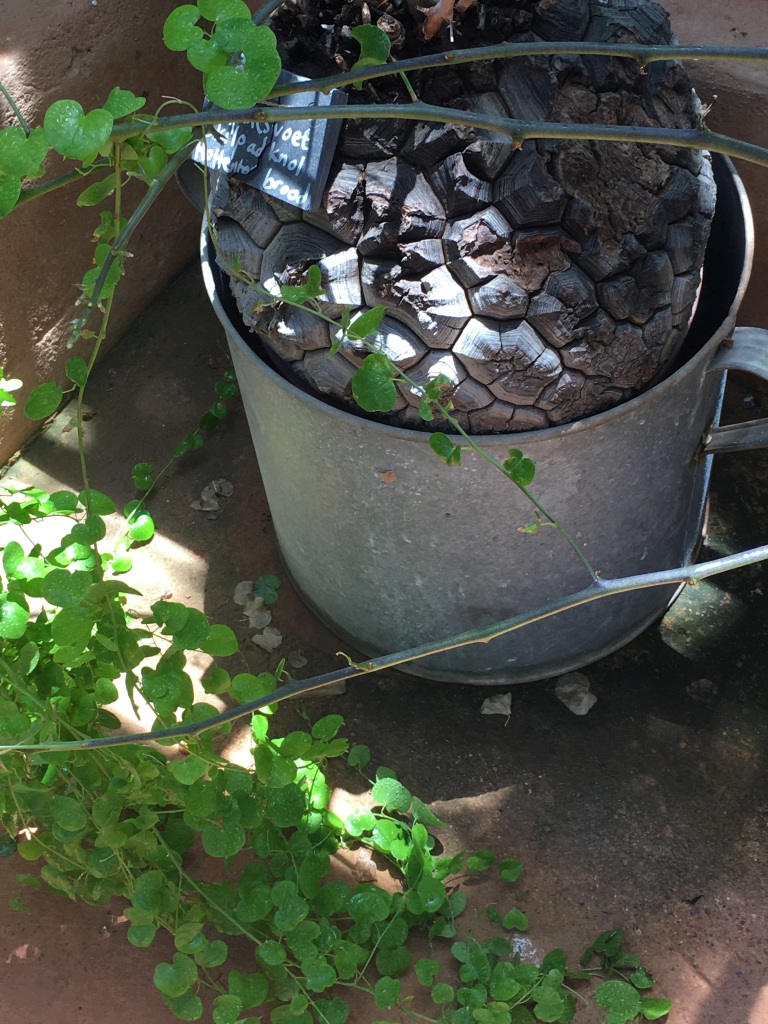
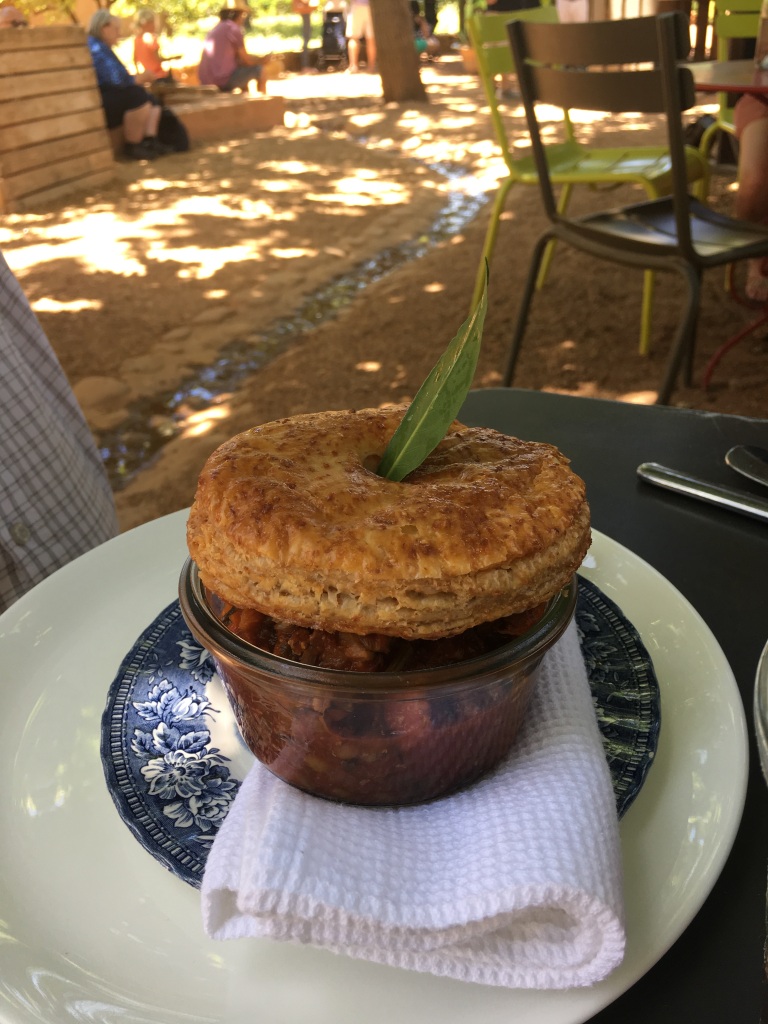
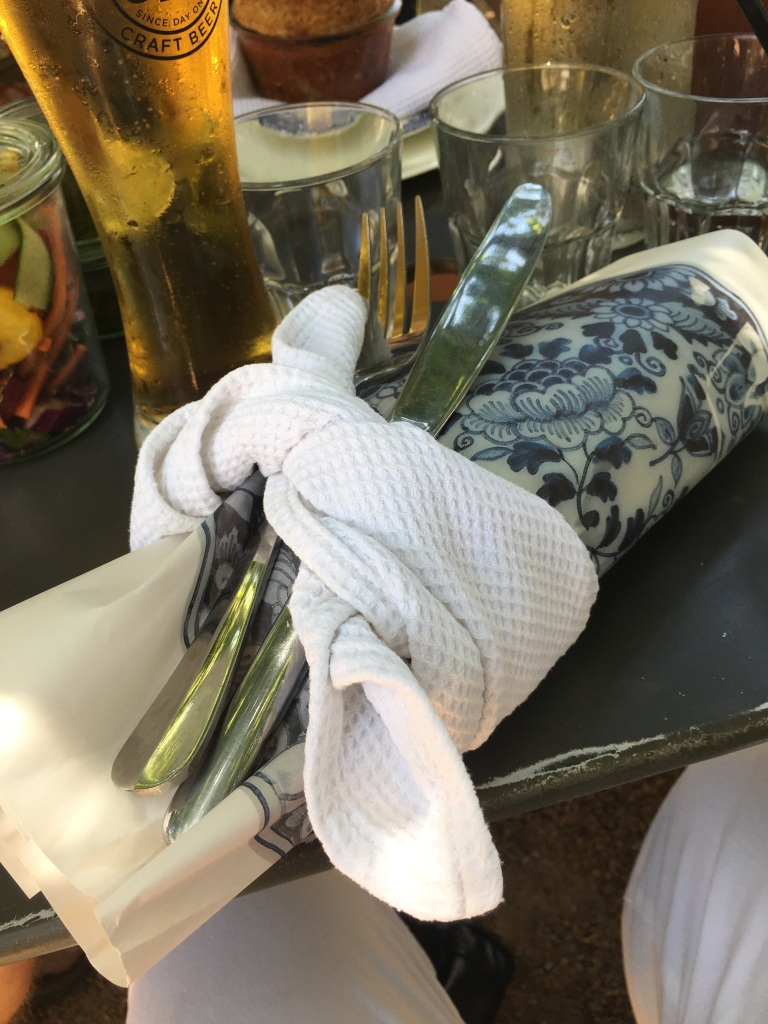
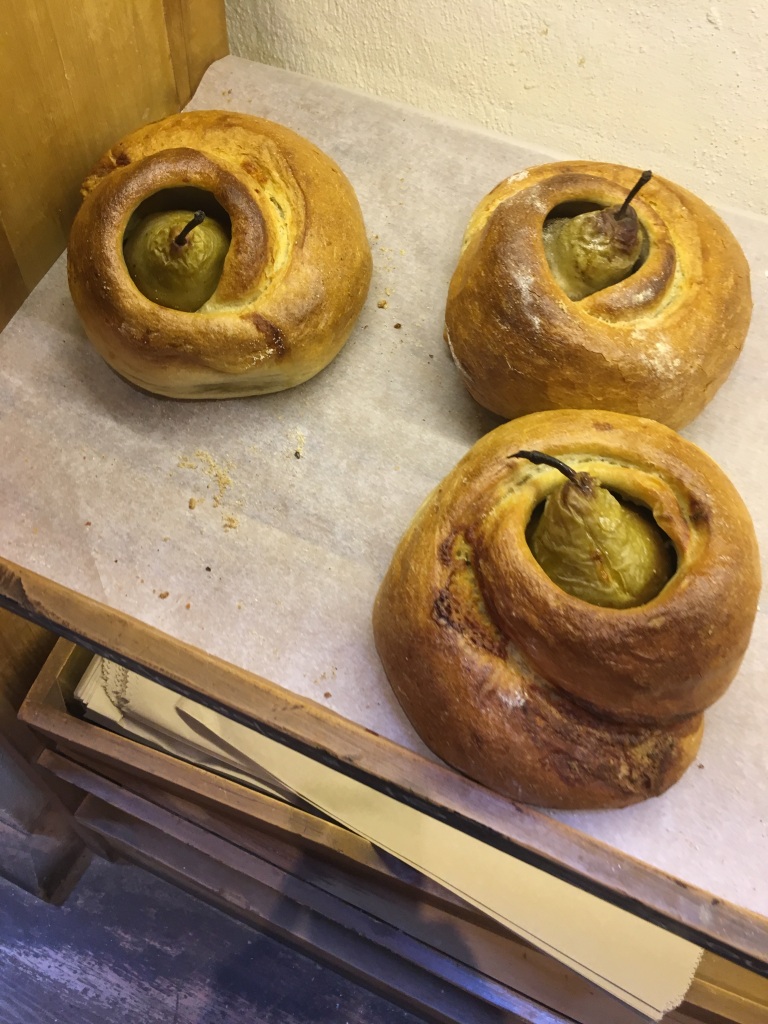
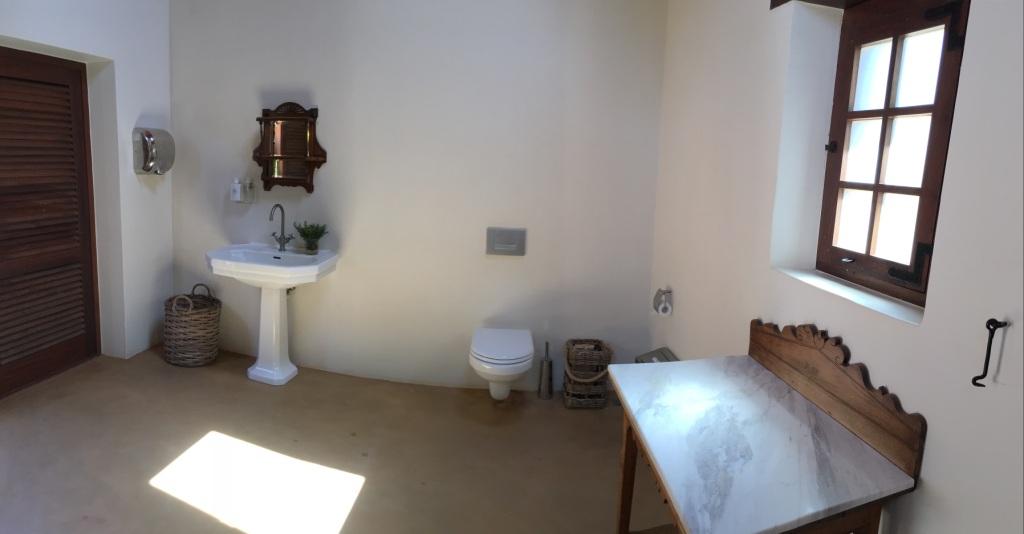
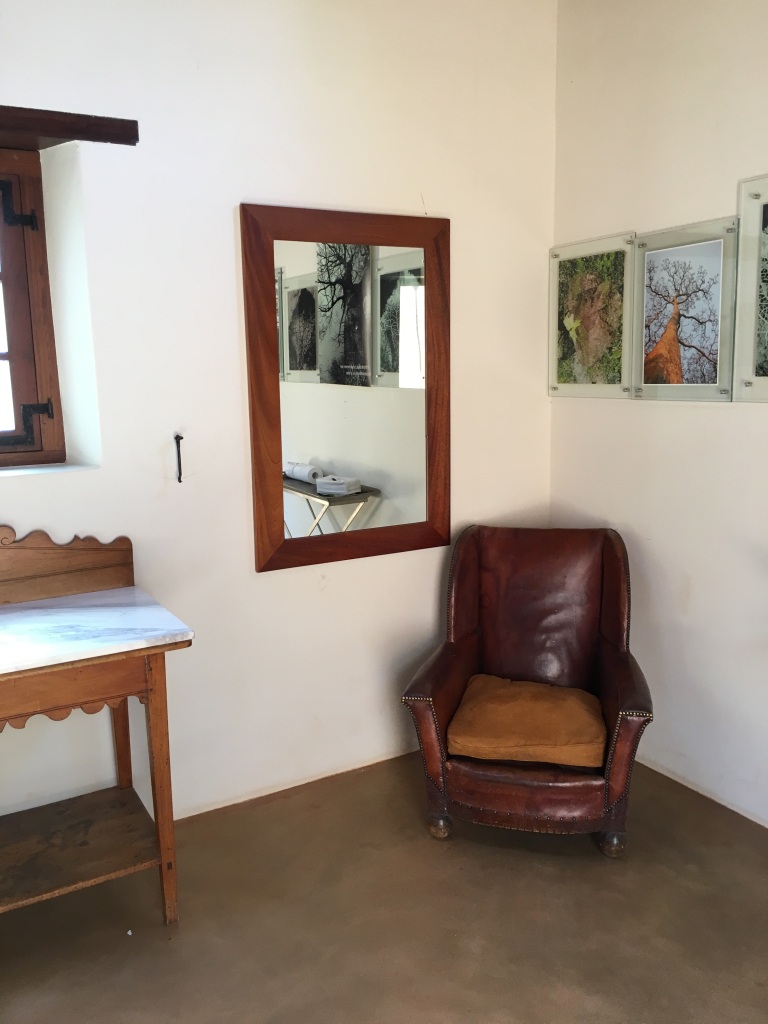





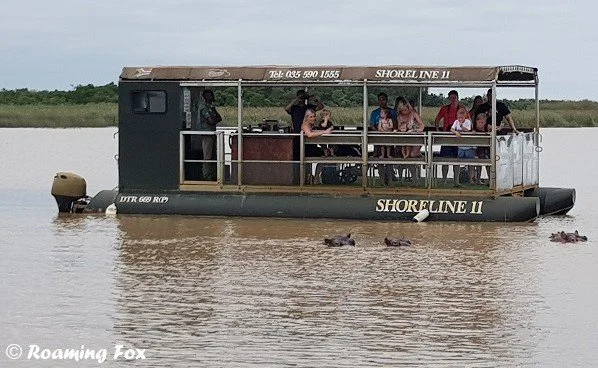

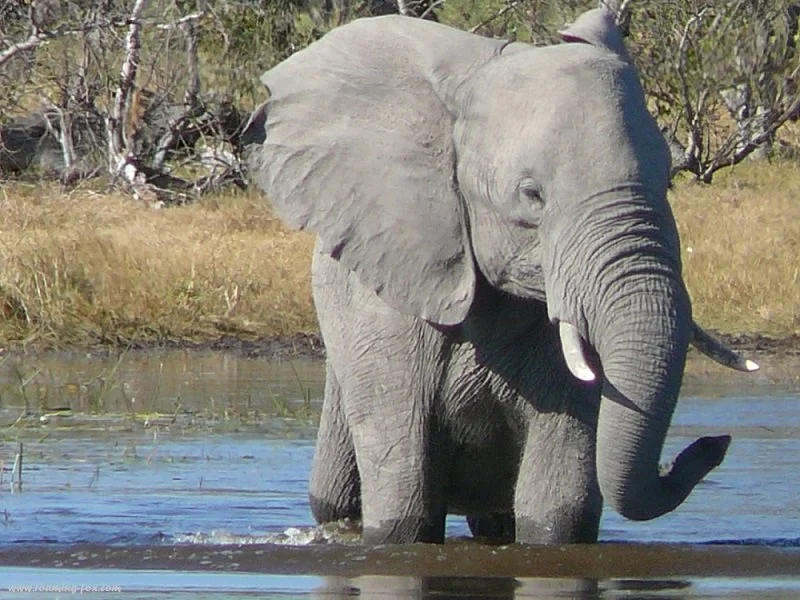
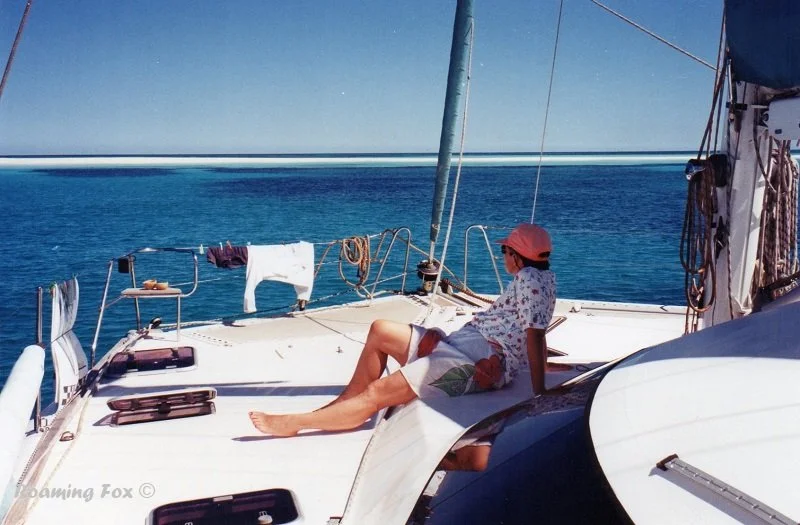

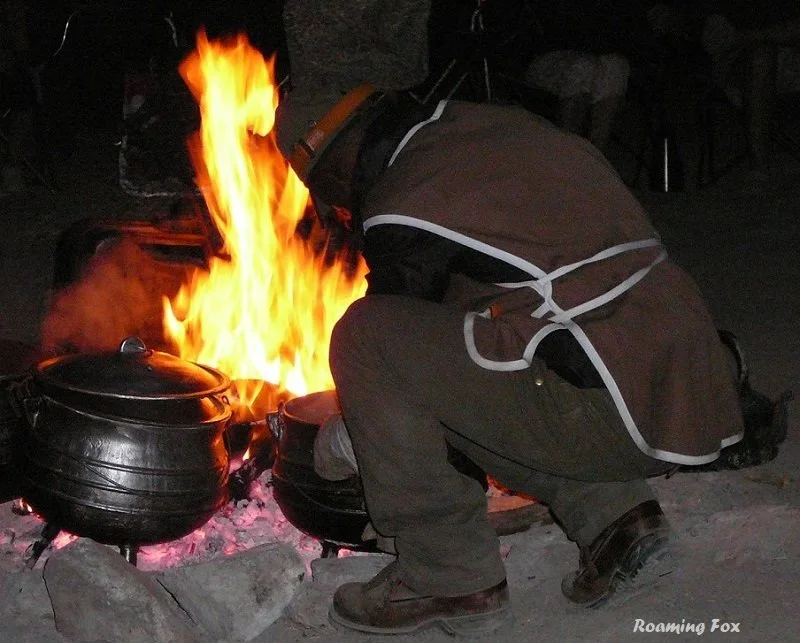
The Best Way to see a country? Take a road trip! Have you ever had that feeling when you hit the open road on your road trip? Freedom. Anticipation. Exhilaration.